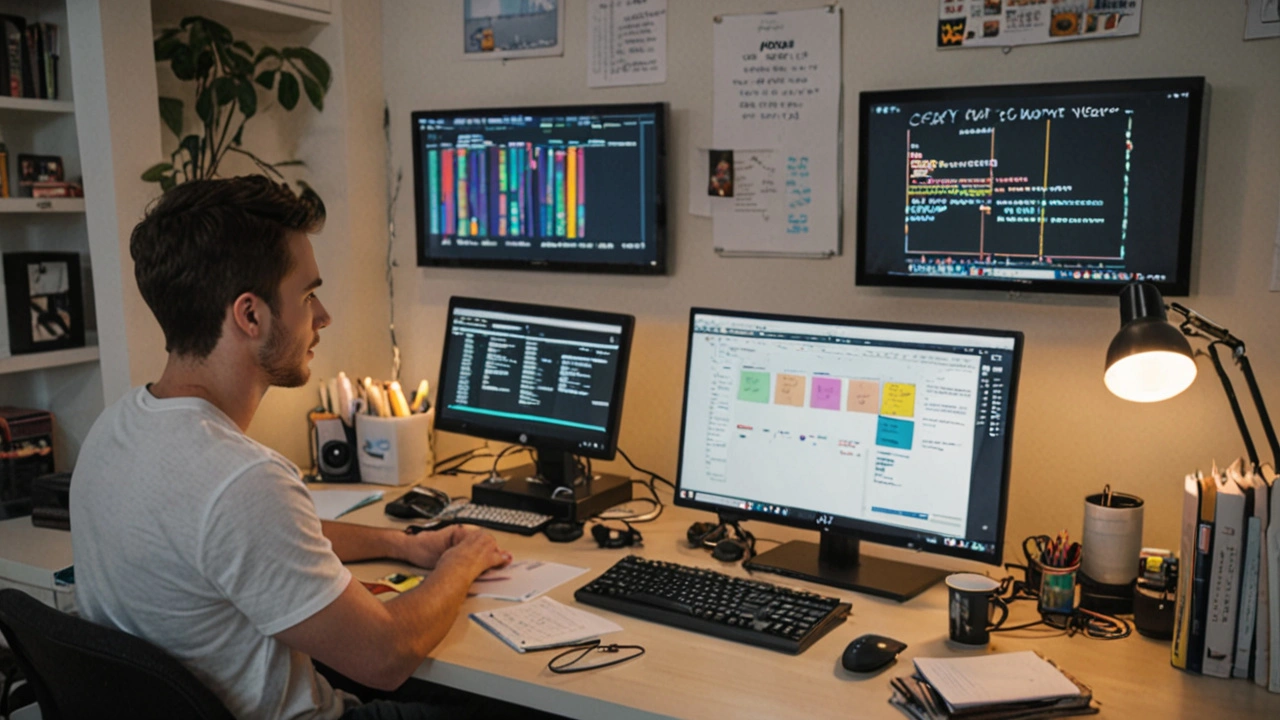Beginner Tutorial: Start Coding with Clear, Practical Steps
Want to learn programming but don’t know where to start? This beginner tutorial gives you a short, practical plan you can follow today. No fluff—just the steps that actually help beginners move from zero to small, working projects fast.
Pick one language and set up your tools
Pick a language that matches your goals. Want web pages? Start with HTML/CSS and JavaScript. Want data or AI? Start with Python. Want apps? Try JavaScript (React Native) or Kotlin. Don’t try to learn five languages at once. Install a simple code editor (VS Code is free and popular), and follow one quick setup guide so you can write and run code in under an hour.
Tip: Focus on writing code, not reading about tools. If a tutorial asks you to install many things, skip to a simpler guide that runs in a browser (like an online REPL) so you can practice basics first.
Learn the essentials—fast
Start with small, repeatable concepts: variables, data types (strings, numbers, lists), conditionals (if/else), loops, and functions. Spend a day on each concept and build one tiny program that uses it. For example: a calculator for variables, a quiz for conditionals, a song generator for loops, and a reusable function that formats output.
Short practice beats long theory. Write code, break it, and fix it. Use print statements or simple debuggers to inspect values. When you hit a bug, describe it in one sentence, then search for that exact error—answers are usually short and useful.
Use relevant beginner posts to deepen specific skills: follow a step-by-step programming tutorial, try Python tricks for cleaner code, and read debugging guides to learn how pros troubleshoot problems.
Keep your learning focused. Aim for one small goal per session—finish a mini project rather than consuming hours of videos without building anything.
Here are three quick projects you can finish in a day:
- Todo list app (web or console): practices input, storage, and basic UI.
- Data peek script: load a CSV and print useful summaries (great for Python beginners).
- Simple bot: automate a repetitive task like renaming files or sending a templated email.
Work in public. Publish small projects to GitHub or share them with a friend. Feedback helps you spot simple improvements and keeps you motivated.
Finally, pick the right pace. Practice consistently—30–60 minutes most days beats one long weekend a month. If you want structure, follow a short curriculum or the 'Programming Tutorial 2025' guide on this site. Keep projects short, measurable, and useful. You’ll build real skills faster than you think.

